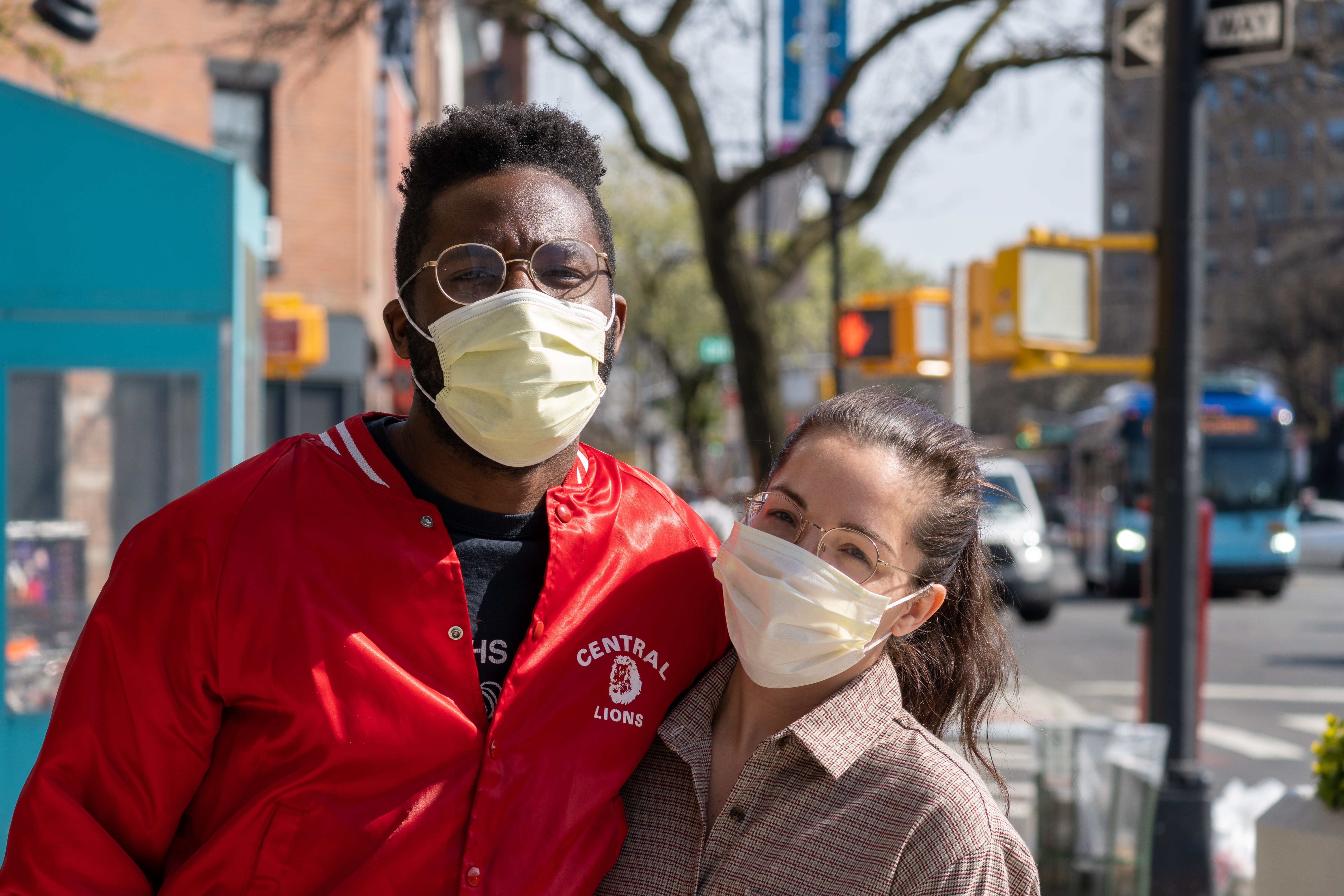
The science around the use of the face mask as a mitigating strategy to curtail the spread of Covid-19 is now clearer than ever. Since the start of the pandemic last year, we now have ample evidence that wearing a face mask significantly lowers the risk of individuals contracting the virus and effectively reduces community transmission when compliance among the public is high. Yet, a significant number of people in Western society—especially those in the US—continue to reject the idea of face covering in public. For example, YouGovAmerica reported in August 2021 that only 58% of Americans said that they would wear a face mask in public places.
Evidence suggests that the increasing availability of vaccines may have reduced people’s willingness to comply with public health guidelines that include mask wearing and social distancing. That does not explain why there was a significant divide in the US between people who supported and those who rejected the mass masking regulation early in the pandemic when no vaccines were available. Could it be that only individuals who have strong preferences for caring for others follow the recommended health guidelines? Or that mask-wearing behavior is purely tribal and non-mask wearers do not put on a mask because doing so would signal to others in the same social group that they are not as loyal to their identity as they believe they are? To understand better the motivation behind the face mask divide during the Covid-19 pandemic, we conducted an experimental study on more than 600 Americans, looking at how information about others’ mask-wearing behaviors influences cooperation in a series of prisoner’s dilemma-type games in pairs with real money at stake.
Initially, participants were not told about the mask-wearing preference of their partner. Here, we found little difference in the cooperation rates between mask and non-mask wearers. Mask wearers were not intrinsically nicer and more cooperative than non-mask wearers. However, when participants were told about the mask-wearing preferences of their partner, the outcome was markedly different. We found strong evidence of in-group favoritism among both mask and non-mask wearers when information about the other partner’s mask usage was known. Non-mask wearers were 23 percentage points less likely to cooperate than mask wearers when facing a mask-wearing partner, and 26 percentage points more likely to cooperate than mask wearers when facing a non-mask-wearing partner. Our analysis suggests that there is a strong social identity effect associated with the decision whether to wear a face mask.
Our findings also have important implications for both public health policy and for social order. If the government’s aim is to encourage more people to put on their face masks, then appeals to wear masks from pro-mask wearers or simply relying on people’s good will are unlikely to make much difference. It might, perhaps, be better to mandate mask-wearing on the grounds of public health benefits. In a similar vein, it might also be helpful to recognize that those who prefer not to wear a mask are less likely to pay attention to the pro-mask message, but they might be willing to adapt their mask-wearing behaviors if they see others in their social group start wearing one.
© Nattavudh Powdthavee
Nattavudh Powdthavee is professor of economics at the Warwick Business School and a Research Fellow of IZA.
Find more IZA World of Labor content related to the coronavirus pandemic.
Please note:
We recognize that IZA World of Labor articles may prompt discussion and possibly controversy. Opinion pieces, such as the one above, capture ideas and debates concisely, and anchor them with real-world examples. Opinions stated here do not necessarily reflect those of the IZA.